Dental cavities are holes or openings that develop on the surface of your teeth. This is one of the most common teeth problems that people struggle with. Dental caries mostly occur in young children and the elderly, but a person of any age can develop cavities. The symptoms of dental cavities include toothache, tooth sensitivity, and discoloration of the tooth.
When you visit the dentist with symptoms of dental caries, the doctor will take a medical history and examine your tooth and mouth cavity to find the primary cause of your condition. The best way to manage tooth cavities is to take good care of your dental health so that you avoid the complications of cavities. In Tarzana, missing teeth, severe pain, and infections of the teeth are complications of dental caries. The doctor will prescribe the best treatment method for you. The causes of dental caries are given below:
- Formation of Plaque
Dental plaque occurs due to eating a lot of sugary foods and not brushing your teeth. It forms a clear film on the surface of your teeth that is sticky like glue. The plaque is a good substrate for the bacteria on your teeth and the plaque accumulates over time and becomes hard, forming a layer of calculus.
Plaque contains acids that erode the outer layer of your teeth, which is called enamel, exposing the underlying layer, called dentin. The destruction of the tooth continues to involve the innermost layer of a tooth, that is called the pulp cavity. The pulp cavity has a lot of nerves and when the erosion reaches this layer, you will begin to experience pain in your teeth.
- Lack of Enough Fluoride
Fluoride is a mineral that plays an important role in preventing dental caries. This natural mineral is especially important when the tooth is growing. Many kinds of toothpaste and mouthwash have this mineral that helps to prevent dental caries.
- Dryness of the Mouth
When you do not produce enough saliva in your mouth, you are at a higher risk of getting dental caries. Saliva reduces the risk of cavities by rinsing your teeth, removing plaque from your teeth, and it has some substances that stop bacterial growth inside the mouth. Some medications can reduce the amount of saliva that you produce including chemotherapy and radiotherapy.
- Acid Reflux
Gastroesophageal reflux disease is a condition that weakens the lower sphincter of the esophagus that closes the stomach opening after you eat. When this sphincter is weak, the acid from your stomach flows back to the esophagus, and in severe cases it may reach your mouth. The acidic content can cause erosion of your teeth and dental caries.
Other causes of dental cavities include teeth that are at the back which are hard to brush, drinking a lot of sugary drinks, feeding infants milk before bedtime, having dental devices, and eating disorders like bulimia and anorexia.
In summary, dental caries are holes that form on the tooth and present with tooth sensitivity, pain, and change in the color of teeth. The risk factors of dental caries include eating and drinking a lot of sugary foods, poor dental hygiene, dry mouth, and eating disorders. You can prevent dental caries by taking care of your oral hygiene and having regular dental checkups.

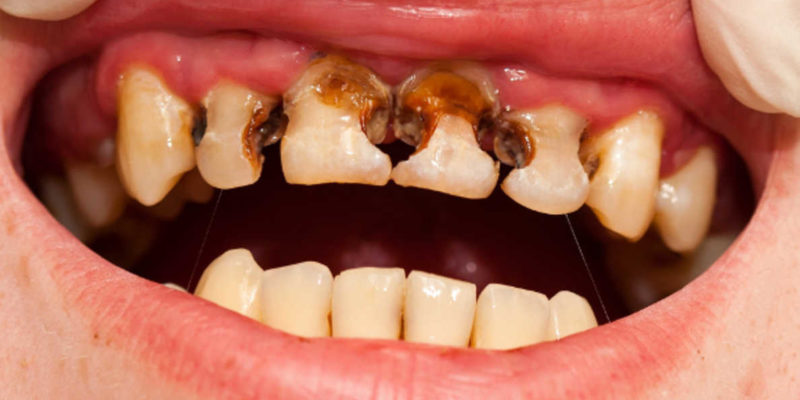
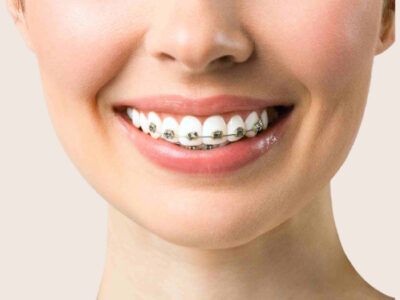
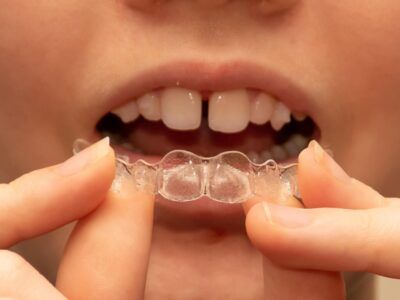
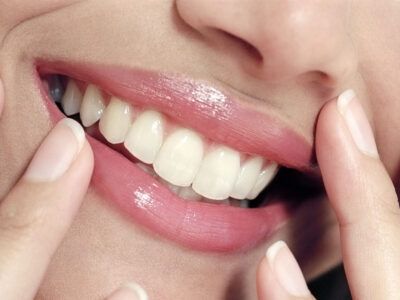
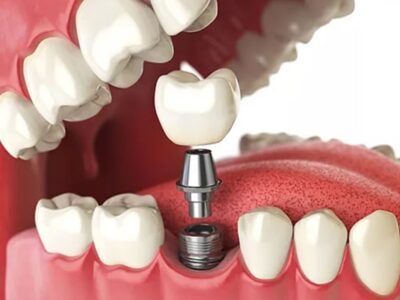

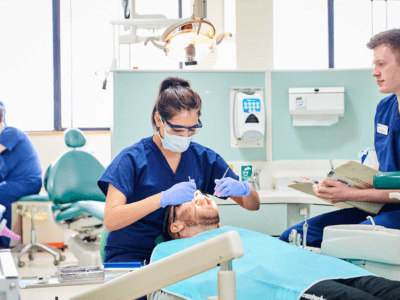





Comments